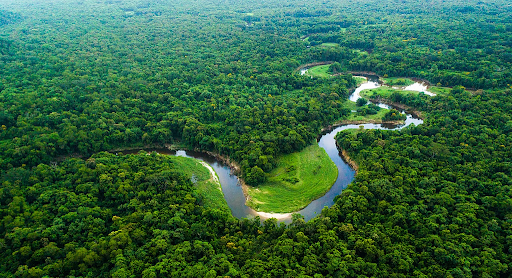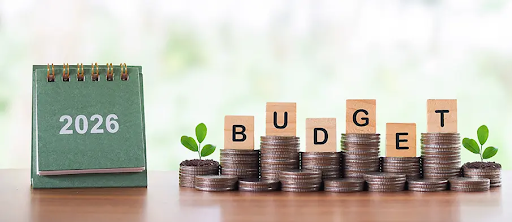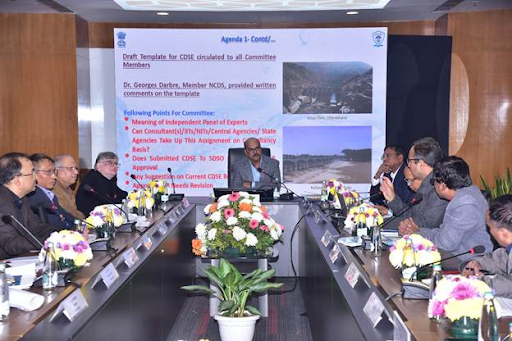



REDD+ assigns economic value to forests to combat climate change, but flawed implementation in voluntary carbon markets has turned it into an ethical crisis enabling greenwashing. Reform must ensure genuine, verifiable, and equitable outcomes, as the credibility of forest-based climate action depends on transparent and accountable systems.

Copyright infringement not intended
Picture Courtesy: DOWNTOEARTH
A new study published in the journal Science reveals that only a small fraction of tropical forest carbon offset projects, which operate under the REDD+ programme, are successfully reducing deforestation.

Premium
Already Subscribed?





© 2026 iasgyan. All right reserved